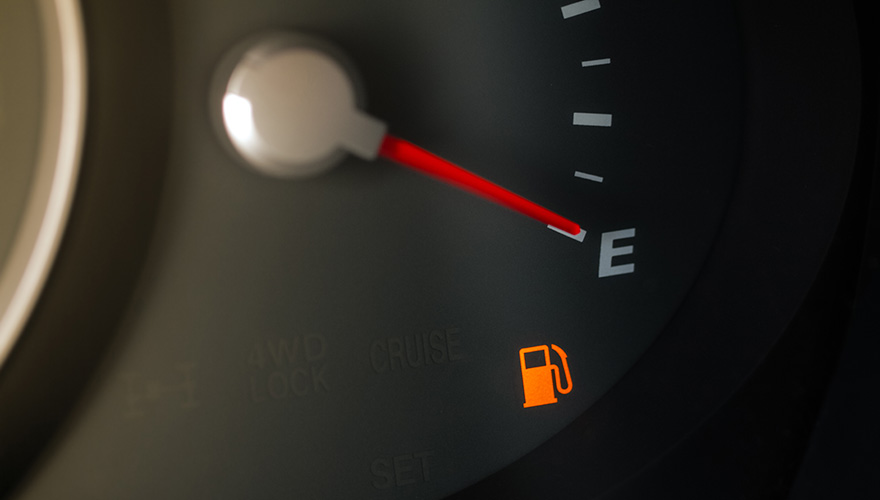
The day you pass your driving test is a memorable one. All that practice and precise instructions have finally resulted in perfect driving. From those well executed turns to overzealous looking in mirrors and guiding down the gears beautifully to stop signs at traffic lights. But no sooner have we torn up those ‘L’ and ‘N’ plates it seems that the driving techniques lax for most drivers and bad habits can creep in. Some of these bad habits can cause damage to your car. If you have been driving for some years now, it may be time to stop, and assess your driving skills.
Check out the most common driving habits that may cause harm to your vehicle.
Poor clutch control is a very common bad habit. The basic principle of clutch control is to fully disengage the clutch when changing gear by pressing the clutch pedal to the floor with your left foot then and re-engage by lifting off the pedal. Keeping your foot on the clutch pedal following a gear change or even using the pedal as a footrest while driving are niggly little habits that can creep in for veteran drivers. This will push the pressure pad against the clutch plate and create more friction which may wear out the clutch faster. As this is a ‘wear and tear’ item, it may not be covered by your vehicle warranty. The best way to avoid this from happening is to keep your foot well away from the clutch unless you are changing gear.
Consistent late braking places huge strain on the braking system. It’s also very unpleasant for passengers and for motorists following behind. Slamming on the brakes is reserved for dire emergencies and a slower, more measured, steady approach, anticipating the road ahead means that you burn less fuel and wont wear out those brake pads and discs.
Speed bumps are designed to make motorists slow down and driving into them without a thought for your car’s welfare can cause damage. Potholes are a blight on the roads and like speed bumps, can be deceptive when you see them first, holding hidden dangers for the unwary driver. Driving too fast into either can give a substantial jolt which may cause damage to shocks, steering, exhaust system, bumpers and to your tyres. Take it easy.
Letting your fuel go too low is never a good idea. Running out of fuel can lead to a lot more than a frantic call to the vehicle rescue service. Driving on fumes can cost over time, as it effects the filter and the pump. If you run out of petrol, your fuel pump may suck the dirt on the bottom of the tank, clogging it and forcing a costly replacement. Motoring experts recommend topping up the vehicle when it goes past a quarter full. The fuel warning light is an indication of low fuel, but there is no one size fits all knowing how far is left in each model or marques tank.
This is not a good habit to get into. If you rest your hand on the gearstick you are applying a small amount of pressure on the system, which effects the selector fork, causing premature wear. There are several car owner’s manuals which specifically state that resting your hand on the gearstick can damage your car.
From time to time, you may have to load the car up with the recycling, for a house move or when going on that well earned stay cation. There is a maximum load for every vehicle and a quick look at the manual will advise if two trips, or less packing are advised. The more weight there is, the more strain you’re placing on the brakes, suspension, and the drivetrain. There is also a tendency for some people to leave heavy items like golf clubs, tools, or gym gear in the boot. These items won’t cause strain on the car in themselves but might affect the fuel consumption.
Over the years, there have been calls for drivers to submit to a new driving tests after a certain number of years behind the wheel. It remains to be seen how many of us would actually pass that test! It may well be enough for all of us to re-assess driving habits and rethink those bad habits that will cost money on fuel and repairs
Whilst all reasonable care has been taken to ensure the accuracy of this website. Sandyford Motor Centre does not make any warranties or representations to the accuracy, completeness or reliability of the information within or accessible through this website. Nor does Sandyford Motor Centre necessarily endorse, sponsor or approve any material accessible from this website. Sandyford Motor Centre assumes no responsibility for any unauthorised alteration or modification of any of the data herein by any other party. Neither Sandyford Motor Centre or any third parties who may provide Sandyford Motor Centre with information of dissemination accept any liability of any nature wheresoever arising from either the content of or the use or exploitation by any party of this website or any of the data or information contained in the website or accessible from the website. Unless stated otherwise all data and information on this website is the copyright of Sandyford Motor Centre whose authority must be obtained for any reproduction or for the linking of this website to any other site.